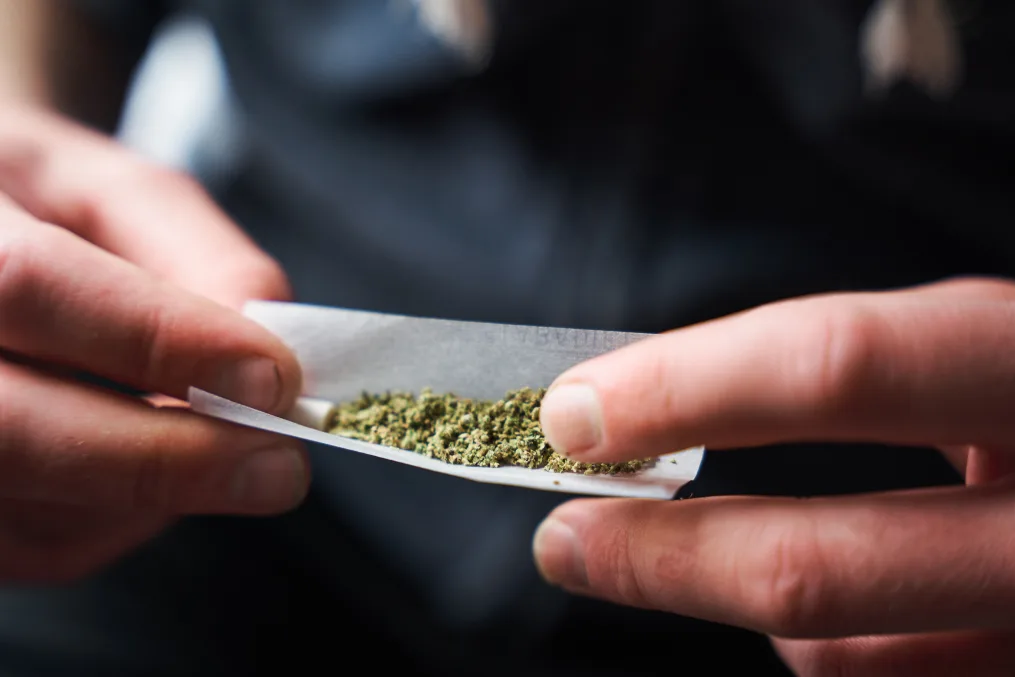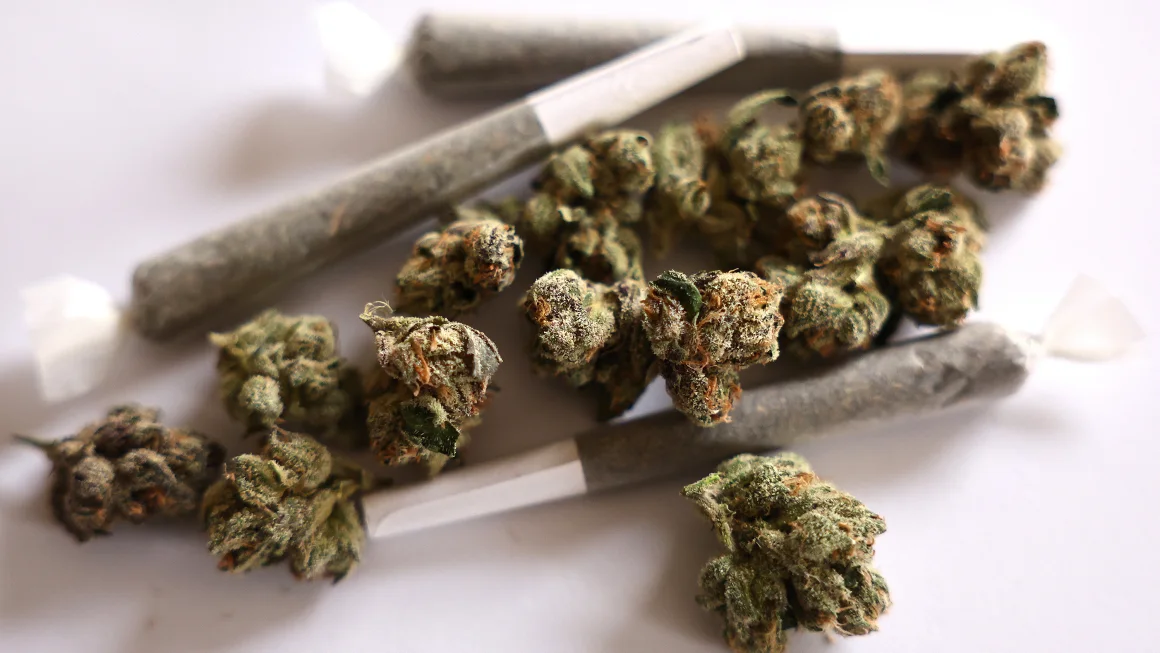Cannabis, or marijuana, is moving closer to gaining more acceptance in the United States, and it could soon achieve a major milestone: rescheduling. This term refers to reclassifying cannabis as a less dangerous drug, which would reduce some restrictions at the federal level. Currently, cannabis is classified as a Schedule I drug, meaning it is considered to have a high potential for abuse and no accepted medicinal use.
However, recent findings by the US Department of Health and Human Services suggest credible scientific evidence supporting cannabis' potential benefits in treating conditions like chronic pain. If cannabis is rescheduled to a Schedule III drug, it could pave the way for further medical research and reduce certain penalties and restrictions on its use. Despite this change, consumers shouldn’t expect significant changes in accessibility, as the rescheduling does not mean full legalization. Marijuana smoke contains many of the "same toxins, irritants and carcinogens as tobacco smoke," according to the American Lung Association. juanma hache/Moment RF/Getty Images
Marijuana smoke contains many of the "same toxins, irritants and carcinogens as tobacco smoke," according to the American Lung Association. juanma hache/Moment RF/Getty Images
As Dr. Staci Gruber, a Harvard Medical School psychiatry associate professor, mentioned, rescheduling would mostly impact taxation and research protocols, but not the day-to-day availability for consumers. Consumers and patients should remain aware of what they’re looking for when using cannabis, whether for medical or recreational purposes, and understand the contents and potency of the products they use.
The age and personal medical history of users also play a crucial role. Adolescents and older adults might face higher risks or more sensitivity to cannabis products. The interaction of cannabis with other drugs, especially with CBD affecting liver enzymes, is also a point of consideration for users on conventional medications.
With the potential changes ahead, it’s important for the public to remain informed about what rescheduling might mean for the legal and medicinal landscape of cannabis in the United States.







